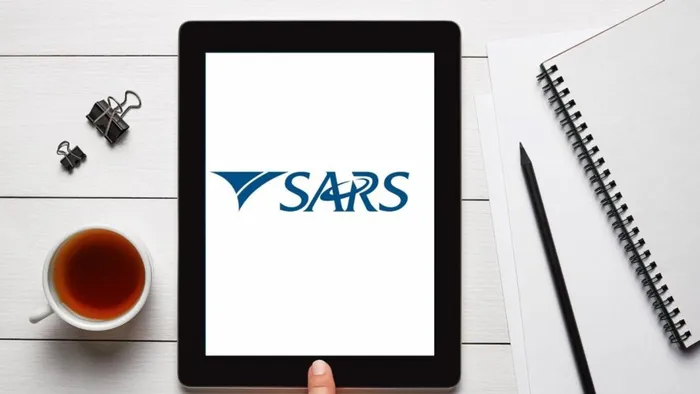As influencer economy thrives, SARS raises the stakes for compliance

As South Africa's influencer economy experiences a remarkable surge, the dual focus of brand partnerships and regulatory oversight by the South African Revenue Service (SARS) grows increasingly vital. File pic.
With South Africa's influencer economy on an upward trajectory, it is reported that the spotlight on influencers is intensifying, not just from brands eager to partner but also from the South African Revenue Service (SARS).
The recent 2024 South African Influencer Benchmark Report highlights that local influencers can charge anywhere between R3,000 and R18,000 for a single Instagram post, with reeling figures peaking at R8,000.
Yet, within this thriving digital ecosystem lies a potential pitfall, an often overlooked responsibility to declare income. This oversight is a significant concern for many influencers, who, much like gig economy workers, are compensated per campaign or brand partnership.
As digital marketing expenditures in the country are projected to surpass R500 million this year and exceed R850 million by 2030, a pressing question arises: how can influencers manage their rapidly growing earnings while staying on the right side of the law?
Luncedo Mtwentwe, Managing Director at Vantage Advisory, emphasises this oversight: “Social media influencers are driving billions into the economy, yet too many fail to recognise themselves as brands in their own right.”
As influencers prepare for festive-season spikes in income, where global social media ad spends can jump by 30% , Mtwentwe warns that a lack of financial literacy and awareness could lead to severe consequences.
“Whether it’s cash payments or promotional gifts, undeclared income could result in penalties that not only drain earnings but also jeopardise careers.”
The importance of understanding compliance
Operating like a brand means embracing transparency and compliance, transforming these concepts into foundational business practices rather than mere ethical standards. The SARS Voluntary Disclosure Programme (VDP) acts as a valuable lifeline for influencers who have neglected their tax obligations. Launched in 2012, the VDP allows taxpayers to declare previously undeclared income and avoid severe penalties if they are proactive before an audit begins.
However, Mtwentwe cautions that the VDP is no silver bullet. “To benefit from the VDP, you must act before SARS identifies non-compliance. Leniency isn’t guaranteed after that point, underscoring the need for compliance to evolve into a lifelong habit.”
Furthermore, as influencers largely belong to the tech-savvy Gen Z or Gen Alpha demographic, they often lack the business acumen required for sustainable success in this rapidly changing financial landscape. This highlights an urgent need for tailored financial education aimed at these young influencers to empower them to navigate their earnings responsibly.
Practical solutions for influencers
To safeguard their careers and income streams, influencers must adopt a proactive approach to their financial management. Drawing from Mtwentwe’s extensive insights, here are some practical tips for influencers:
Register as a business: Treat your influencing career as a legitimate business. Using a business bank account can streamline tax calculations and reduce scrutiny.
Track every income source: Document all income, from cash to promotional gifts, to avoid penalties from undeclared earnings.
Understand your tax obligations: Collaborate with a tax professional to grasp your taxation responsibilities, including VAT, income tax, and provisional tax.
File taxes on time: Submit tax returns promptly to avoid costly penalties that could erode your income.
Leverage the SARS Voluntary Disclosure Programme (VDP): If past income remains undeclared, use the VDP to address compliance issues before an audit.
Seek professional guidance: The tax landscape is complex and ever-changing; consulting a tax practitioner can simplify your compliance process.
Saturday Star
Anita.nkonki@inl.co.za
China’s green economy will boost growth in 2024 and 2025
Tax tips for South African influencers to avoid Sars penalties